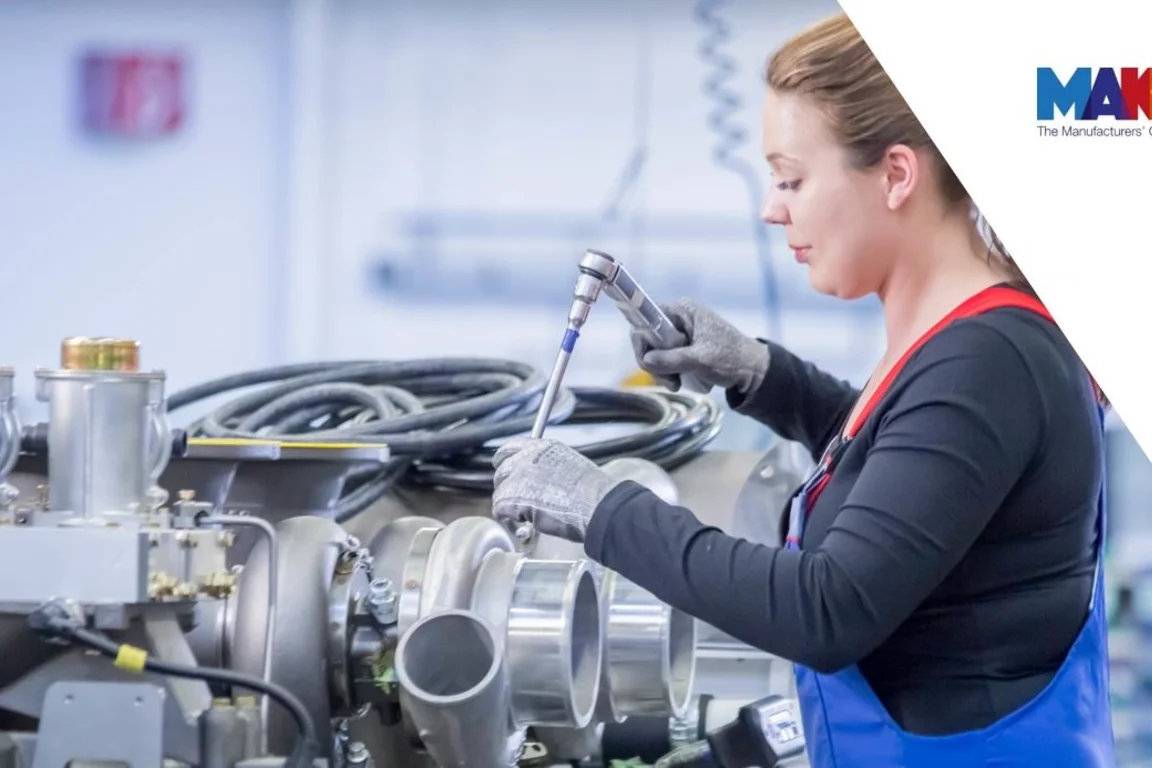04.02.2021
Make UK and Rockwell Automation Leadership Summit ‘Resetting UK Manufacturing: Manufacturing and a Global Britain’
The global context
The last few years have seen a global trading situation in turmoil. The WTO has been criticised for the way it has run its dispute settlement system and had to cope with the increasingly diverging views of its ‘developed’ and ‘development’ members.
The UK is one of the top global manufacturing exporters and the rules-based WTO system are vital to continue manufacturing exports. In the last 30 years EU membership has brought the benefit of a very integrated supply chain which can only exist through geographical proximity. The position of the UK in a global market is very different and the UK is facing some headwinds as its exit from the EU trading block goes against the broader trend of regionalisation as exemplified by initiatives such as the USA ‘Buy America’, the UK ‘Project Defend’, the EU ‘Strategic Autonomy’.
Short-term outlook
Along with Covid-19, the UK’s exit from the EU has forced UK businesses to prepare, increasing their agility, perhaps even giving them a head start in ensuring their supply chains are as resilient as ever. Although fantastic logistics have provided phenomenal opportunities for global trade, this model is now being questioned. Having closer geographical partners can build in resilience, and in addition, it is becoming increasingly important to avoid importing cheaper but more carbon-intensive goods from China.
Global Britain: longer-term opportunities and threats
Opportunities lie ahead as the global trade order resets, international collaboration level up, and investments in emerging markets are made as they ramp up their infrastructure.
With the UK exit from the EU, the Government has to make it clearer that it wants to establish solid trading relationships globally. The trade agreement with the EU is limited and whilst it will remove tariffs and quotas, it will not facilitate the same level of trade and services as we have seen before. It will also be accompanied by a large increase in administrative burden (customs declarations, checks on safety and rules of origin). Nothing will directly replace the EU common market and we import a lot of fresh produce as well as supplies from the EU which requires ‘Just in Time’ logistics.
The UK has a very good offer globally, which, combined with the very strong ‘Made in UK’ brand, is a huge opportunity. But it is less about manufactured goods than about innovative technology driven by the green agenda, such as Carbon Capture, Use and Storage (CCUS), hydrogen, and the e-commerce (or digital trade) that go with these (e.g. service exporters and manufacturing).
The UK is also seen as a leader in digitalisation with many opportunities to partner with other countries on this, particularly the ‘younger’ nations who need the support in knowledge and services to strengthen their backbone and move their economy forward. The UK need to better understand what drives these new markets, and it may be more likely that Net Zero, which is the biggest growth opportunity, is driven more values than by cost. Corporations are already moving fast into these markets but SMEs, who are very innovative and agile, should not assume that they don’t fit in. Trust is everything in business and the UK is already seen as a trustworthy partner; who will honour contracts and upkeep high safety and quality standards.
The UK economy is not driven by its economic relation with the rest of the world, but by investment and trade should always be coupled with investment. The risk is not so much that ‘fit’ people will leave the UK, but more that investments won’t come to the UK. A robust infrastructure and adapted immigration regime will be key to mitigating this risk.
Ensuring that trading policy is integrated with its own international objectives particularly climate. Will also be key. For example, the UK should review its trade agreements to ensure that the EVs needed by 2030 qualify for these agreements (they currently fail to meet the criteria). The DIT itself needs more resource to support these ambitions of global market penetration. On the international stage, the WTO needs to be more disciplined around technology transfers, industrial subsidies, and state-owned enterprises to create a fairer playing ground.
